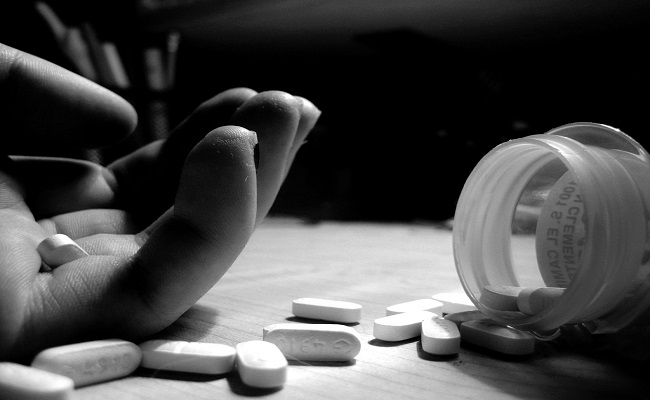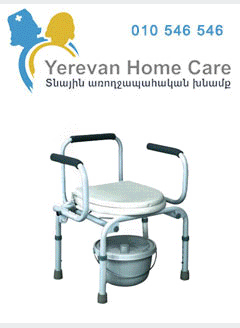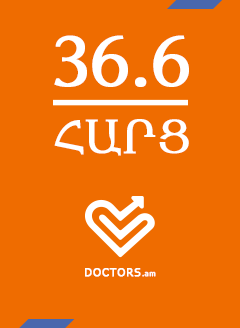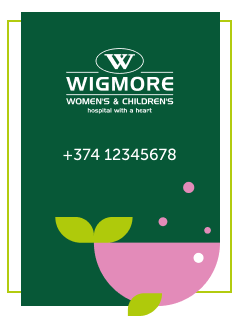More than 800,000 people each year worldwide commit suicide – around one person every 40 seconds - with many using poisoning, hanging or shooting to end their own lives, the World Health Organization (WHO) said on Thursday.
In its first global report on suicide prevention, the United Nations health agency said some 75 percent of suicides are among people from poor or middle-income countries and called for more to be done to reduce access to common means of suicide.
The report found that suicides take place all over the world and at almost any age. Globally, suicide rates are highest in people aged 70 and over, but in some countries, the highest rates are found among the young.
In the 15 to 29-year age group, suicide is the second leading cause of death globally.
The WHO's director general Margaret Chan said the report was a "call for action to address a large public health problem which has been shrouded in taboo for far too long."
Pesticide poisoning, hanging and firearms are among the most common methods of suicide globally, the report said, and evidence from Australia, Canada, Japan, New Zealand, the United States and Europe shows that restricting access to these means can help to stop people from committing suicide.
Governments should also set up national prevention plans, the report said, noting that currently only 28 countries are known to have such strategies.
The report found that in general, more men die by suicide than women. In richer countries, three times as many men kill themselves as women, and men aged 50 and over are particularly vulnerable.
In poor and middle-income countries, young people and elderly women have higher rates of suicide than their counterparts in wealthy nations, the report found. And women over 70 are more than twice as likely to commit suicide than women aged between 15 and 29.
"No matter where a country currently stands in suicide prevention, effective measures can be taken, even just starting at local level and on a small scale," said Alexandra Fleischmann, a scientist at the WHO's department of mental health and substance abuse.
Other preventative measures include encouraging responsible reporting of suicide in the media, such as avoiding language that sensationalizes suicide.
Early identification and management of people with mental illness and drug and other substance abusers is also important.
"Follow-up care by health workers through regular contact, including by phone or home visits, for people who have attempted suicide, together with provision of community support, are essential, because people who have already attempted suicide are at the greatest risk of trying again," the report said.
The WHO report was published ahead of world suicide prevention day on September 10.














